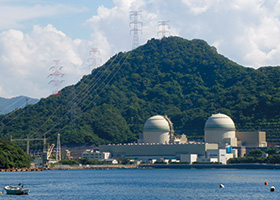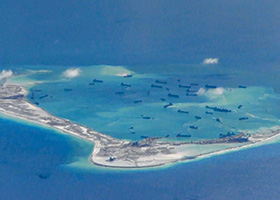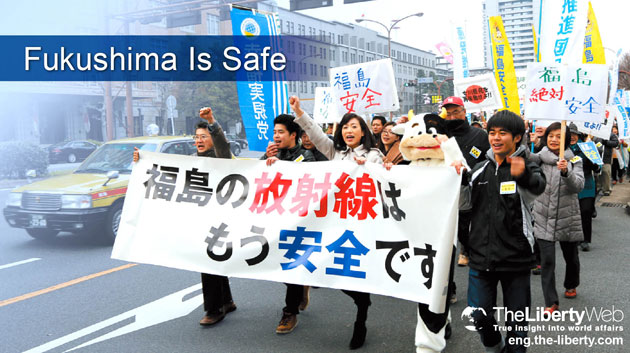Fukushima Is Safe
A group of people gather from the Fukushima area to rally. Calls for “Let’s stop the pointless decontamination and return to our homeland!” and “Let’s regain our freedom to return home!” could be heard emanating from the group.

Takahama Nuclear Power Plant has been given a temporary injunction to stop operations.
Fear and allergies from radiation have become problems in Japan. We will examine the reality of the areas that the Great East Japan Earthquake affected and the dangers surrounding Japan and Asia.
5 years since the Great East Japan Earthquake, fear of the radiation still haunts Japan’s citizens. The Otsu district court in Shiga prefecture passed a temporary injunction to stop the use of Kansai Electric Power Company’s Takahama Nuclear Power Plant, of which 2 machines resumed operations in March. One machine was stopped, and it became the first nuclear power plant to stop its operation due to a temporary injunction in Japan. To this, Kansai Electric made a formal objection, but has now had to abandon its planned reduction of energy charges in May. For Kansai Electric, stopping 2 machines has meant the loss of 300 million yen per day.
Is Decontamination Really Necessary?
One major reason behind the ongoing fear of radiation lies in the continued use of nuclear evacuation signage. This is because the Japanese government decided to set the annual radiation dose limit to 1 mSv. The International Commission on Radiological Protection (ICRP) explains that exposure under 100 mSv has no adverse effect on the body. Additionally, in 2013 the International Atomic Energy Agency (IAEA) claimed that there is no need to set the limit as low as 1 mSv, and said that it is more important to divide the recovery funds appropriately.
“It is Safe!” Declares the Fukushima Townspeople
On the 11th of March, 5 years since the devastation, around 300 people from the Fukushima area gathered to rally in the streets of Tokyo demanding that the government declare Fukushima safe now. The group visited the Cabinet Office requesting an official announcement that Fukushima is safe from harmful radiation and a reassessment of the decontamination standard.
In a conference held after the demonstration, a Fukushima representative spoke. He said:
Buildings and other infrastructure are falling down within the 20 km evacuation zone radius. We need to invest in rebuilding these. A lot of money is now being poured into the decontamination issue, but it has been medically proven that the current levels of radiation are not harmful. There is no need for decontamination.
A Fuel Import Crisis Nears

Now that the nuclear power plants have stopped in Japan, lives depend on the oil import routes. China aims to dominate the routes through military means.
Photo courtesy of U.S. Navy and Reuters/Aflo
If we cannot dispel these needless fears over radiation, Japan’s safety and security will be endangered. The shipping route for the importation of oil from the Middle East to Japan passes through the South China Sea and the Taiwan Strait. China, however, is building numerous manmade facilities on the Spratly Islands in preparation for the deployment of its military missiles and fighter aircrafts there. If China succeeds in its military domination of the area, it will have the power to stop the importation of resources such as oil into Japan, which will affect the functioning of thermal power plants. And if the nuclear power plants do not function, the Japanese economy will then stagnate.
We need a formal declaration that Fukushima is safe to save Japan from a bleak future.



















